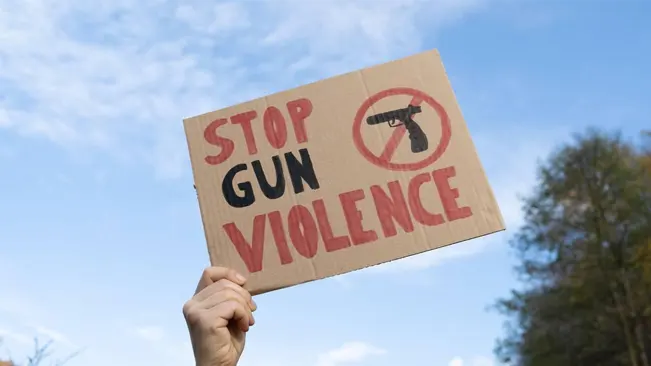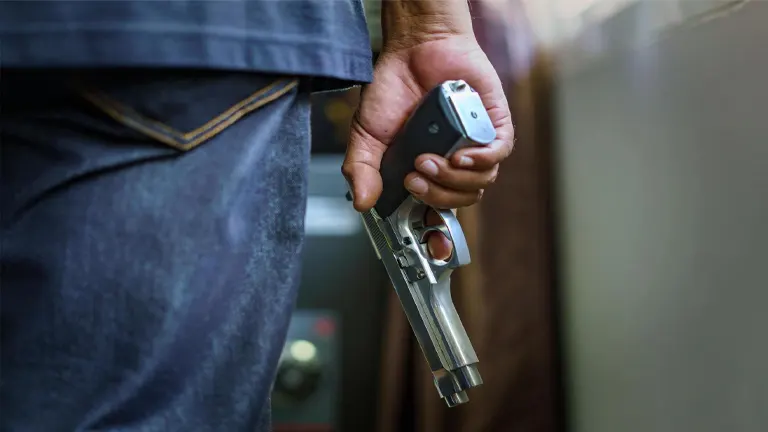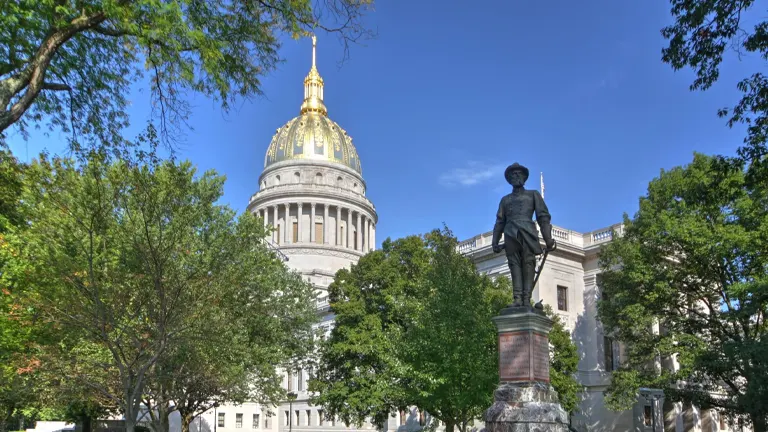Texas Senator Proposes Assault Weapon Ban Amidst Contentious Debate Over Firearm Rights
Democratic State Senator Roland Gutierrez’s proposal to ban AR-15 assault rifles in Texas has sparked a heated debate over gun control and constitutional rights. The senator’s bold move has placed him at the center of a contentious issue that has long defined Texas’s political landscape. As the debate unfolds, both sides continue to mobilize their respective arguments, and the outcome of this confrontation holds profound implications for Texas and potentially sets a precedent for the entire nation.
Gutierrez’s Bold Move
Senator Gutierrez’s passionate call for change in American gun policy has drawn attention to the pressing need for reform. He has urged support for an assault weapon plan, increased age limits for purchasing firearms, and the adoption of extreme risk protective orders. Gutierrez’s proposals represent a significant departure from Texas’s longstanding tradition of firearm freedom, and they have ignited a fierce debate over the balance between protecting citizen safety and preserving individual liberties.
Texas: A Gun Culture Unmatched
Texas’s deep-rooted association with gun culture presents unique challenges to any attempt to curtail its pro-firearm traditions. The state’s historical resistance to federal intervention in firearm regulation further complicates the prospects for significant legislative changes. Critics of Gutierrez’s proposals argue that the mere suggestion of restricting access to certain types of weapons infringes upon constitutionally protected liberties. The senator’s stance may also influence voter turnout and political alliances in future elections, making it a focal point in Texas’s ever-evolving political dynamics.
Opposition and Critique
Critics of Gutierrez’s proposals argue that they are unconstitutional, ineffective, and misguided. They assert that focusing on AR-15s alone overlooks other forms of gun violence and fails to address underlying issues such as mental health, illegal drug trades, and gang activity. Additionally, opponents question the efficacy of red flag laws, arguing that they may violate due process by permitting gun confiscation without a formal criminal charge. Detractors also point out that the proposals may not address the root causes of gun violence and may instead rely on emotional manipulation.
The Case for Reform
Advocates of Gutierrez’s proposals counter that the senator’s initiatives represent necessary steps towards reducing gun violence. They maintain that the emphasis on AR-15s is warranted due to the weapons’ capacity for mass casualties, and they advocate for a holistic approach that incorporates background checks, age restrictions, and protective orders to minimize risks associated with firearms. Supporters of the proposals argue that the measures are not only constitutional but also effective in reducing gun violence.

The Ongoing Debate
As the discussion unfolds, the dialogue surrounding Gutierrez’s proposals serves as a microcosm of the broader national debate concerning gun control. At stake is the delicate balance between protecting citizen safety and maintaining cherished civil liberties guaranteed by the U.S. Constitution. The debate highlights the complexities of addressing gun violence while respecting individual rights and underscores the need for a nuanced approach to gun control legislation.
Implications for Texas Politics
Gutierrez’s proposals have significant implications for Texas’s political landscape. The state’s deep-rooted association with gun culture and its historical resistance to federal intervention in firearm regulation further complicate the prospects for significant legislative changes. The senator’s stance may also influence voter turnout and political alliances in future elections, making it a focal point in Texas’s ever-evolving political dynamics. The controversy has the potential to shape the trajectory of Texas politics and set a precedent for future policy decisions.
Conclusion
Roland Gutierrez’s call for a ban on AR-15s and the introduction of more stringent gun laws in Texas has catalyzed a heated conversation about the future of gun rights and public safety. Both sides of the debate continue to mobilize their respective arguments, and the outcome of this confrontation holds profound implications for Texas and potentially sets a precedent for the entire nation.
Latest Post

Utah Legislature Approves Bill to Encourage Teachers to Undergo Firearms Training and Carry on Campus
The Utah legislature has passed a bill that encourages teachers to receive firearms training and...March 6, 2024

California Billy Club Ban Ruled Unconstitutional Under New Second Amendment Standard
In a recent legal ruling, a court in California has overturned the state’s ban on...March 6, 2024

Fargo’s Lawsuit Challenging North Dakota’s Restrictions on Local Gun Control Dismissed by Judge
In a recent development, a state district judge dismissed a lawsuit filed by Fargo, North...March 6, 2024

West Virginia House Approves Bill Allowing Trained Teachers to Carry Guns in Schools
Charleston — West Virginia, a new bill has been passed by the House of Delegates....March 6, 2024

Tennessee Democratic Lawmaker Proposes ‘Thoughts and Prayers Tax’ on Firearm Sales
In Tennessee, a lawmaker from the Democratic party, Bo Mitchell, has put forward a new...March 6, 2024
Weekly Newsletter
Do you want to get notified when a new article is added to Guncritic? Sign up for our newsletter and you'll be among the first to find out about new articles and reviews.
Comment